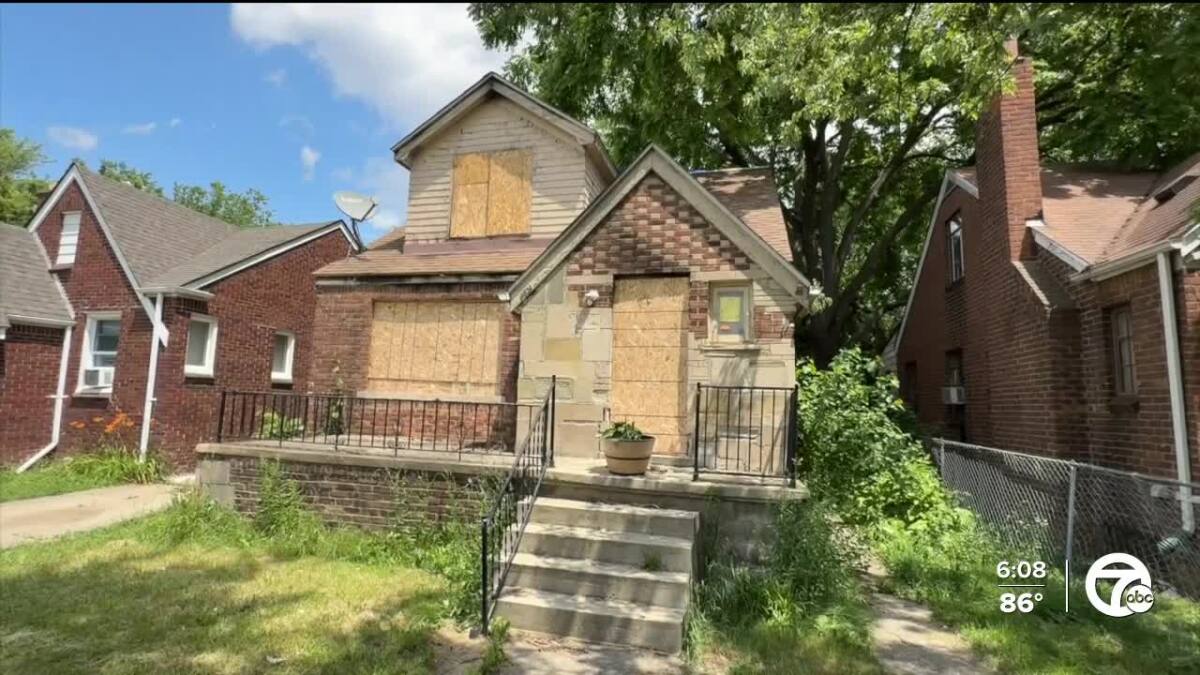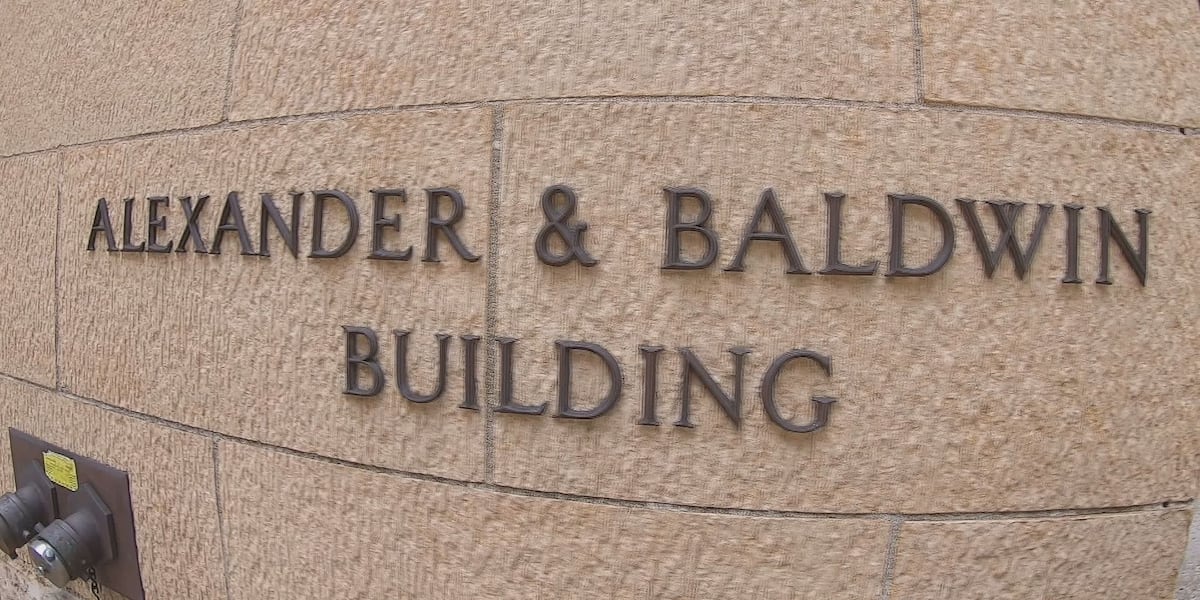D
etroiters are speaking out about a crypto real estate company, RealT, that the city is suing for neglecting properties. The company sells "fractional ownership" of homes in cities like Detroit, Cleveland, and Chicago to investors who pay with cryptocurrency.
RealT's owners, brothers Remy and Jean-Marc Jacobson, claim to operate the world's largest real estate marketplace of its kind. However, an investigation by Outlier Media raises serious questions about the company's integrity and viability. RealT has sold digital tokens for Detroit homes it doesn't own, misled investors about property conditions and occupancy, and continues to pay out dividends for properties that haven't collected rent.
The City of Detroit is taking action against RealT, filing a lawsuit in Michigan's 3rd Circuit Court seeking to compel the company to bring its entire portfolio up to code. The suit alleges that RealT has neglected properties, leading to blight and safety issues in neighborhoods. Despite this, RealT continues to tokenize new properties almost every week.
Investors are caught in the middle of this ownership limbo, with some tenants reporting no formal lease or maintenance from RealT. The company's business practices have alarmed industry experts, who point out that absentee landlords are not being held accountable and a distributed ownership model introduces complexity and opacity.
RealT's account of its situation is inconsistent, with discrepancies in property ownership and occupancy rates. The company has blamed local property managers for problems, but an investigation by Outlier found similar issues persist even after the company started its own in-house management.
Investors have raised concerns about RealT's business model, which allows the company to inflate the value of homes it puts on its investment platform without providing purchase agreements. This has led to some investors being overcharged for properties that are not generating enough rental income to pay dividends.
The city's public nuisance lawsuit demands that RealT get certificates of compliance for all 408 properties mentioned in the complaint and fix up the worst properties within 90 days. The company could also face fines for failing to file property transfer affidavits and is years behind on compliance with low-income housing developments.














